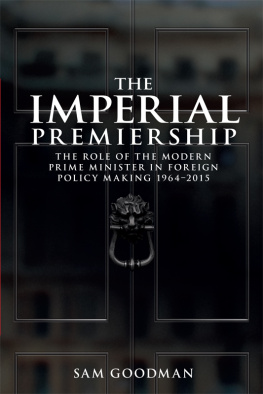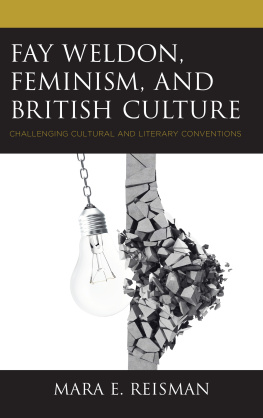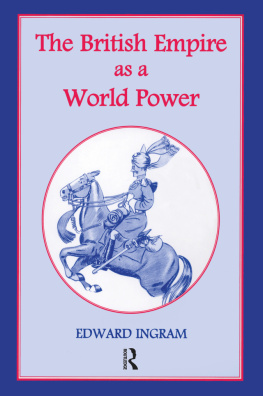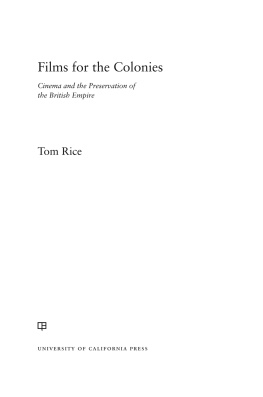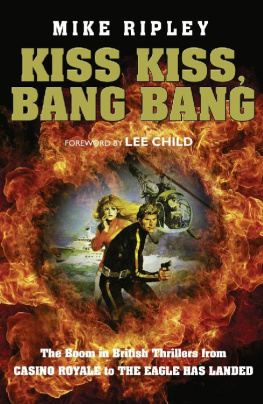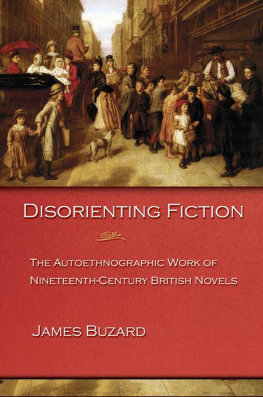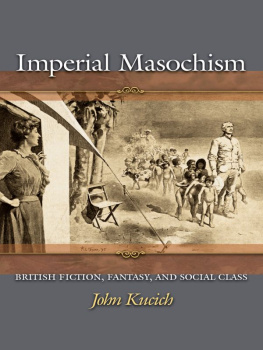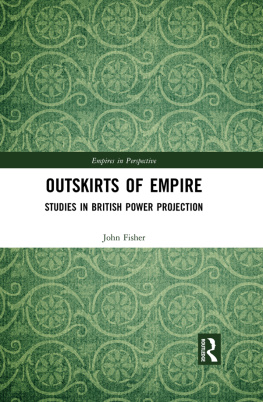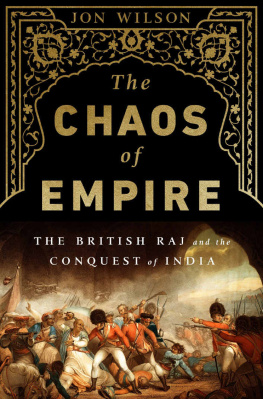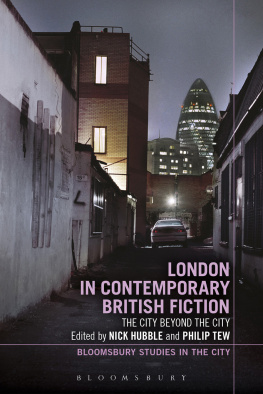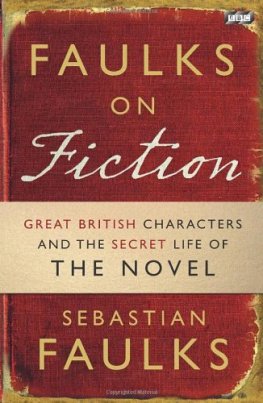Sam Goodman - British Spy Fiction and the End of Empire
Here you can read online Sam Goodman - British Spy Fiction and the End of Empire full text of the book (entire story) in english for free. Download pdf and epub, get meaning, cover and reviews about this ebook. year: 2015, publisher: Routledge, genre: Politics. Description of the work, (preface) as well as reviews are available. Best literature library LitArk.com created for fans of good reading and offers a wide selection of genres:
Romance novel
Science fiction
Adventure
Detective
Science
History
Home and family
Prose
Art
Politics
Computer
Non-fiction
Religion
Business
Children
Humor
Choose a favorite category and find really read worthwhile books. Enjoy immersion in the world of imagination, feel the emotions of the characters or learn something new for yourself, make an fascinating discovery.

- Book:British Spy Fiction and the End of Empire
- Author:
- Publisher:Routledge
- Genre:
- Year:2015
- Rating:5 / 5
- Favourites:Add to favourites
- Your mark:
British Spy Fiction and the End of Empire: summary, description and annotation
We offer to read an annotation, description, summary or preface (depends on what the author of the book "British Spy Fiction and the End of Empire" wrote himself). If you haven't found the necessary information about the book — write in the comments, we will try to find it.
The position of spy fiction is largely synonymous in popular culture with ideas of patriotism and national security, with the spy himself indicative of the defence of British interests and the preservation of British power around the globe. This book reveals a more complicated side to these assumptions than typically perceived, arguing that the representation of space and power within spy fiction is more complex than commonly assumed. Instead of the British spy tirelessly maintaining the integrity of Empire, this volume illustrates how spy fiction contains disunities and disjunctions in its representation of space, and the relationship between the individual and the state in an era of declining British power.
Focusing primarily on the work of Graham Greene, Ian Fleming, Len Deighton, and John le Carre, the volume brings a fresh methodological approach to the study of spy fiction and Cold War culture. It presents close textual analysis within a framework of spatial and sovereign theory as a means of examining the cultural impact of decolonization and the shifting geopolitics of the Cold War. Adopting a thematic approach to the analysis of space in spy fiction, the text explores the reciprocal process by which contextual history intersects with literature throughout the period in question, arguing that spy fiction is responsible for reflecting, strengthening and, in some cases, precipitating cultural anxieties over decolonization and the end of Empire.
This study promises to be a welcome addition to the developing field of spy fiction criticism and popular culture studies. Both engaging and original in its approach, it will be important reading for students and academics engaged in the study of Cold War culture, popular literature, and the changing state of British identity over the course of the latter twentieth century.
Sam Goodman: author's other books
Who wrote British Spy Fiction and the End of Empire? Find out the surname, the name of the author of the book and a list of all author's works by series.

